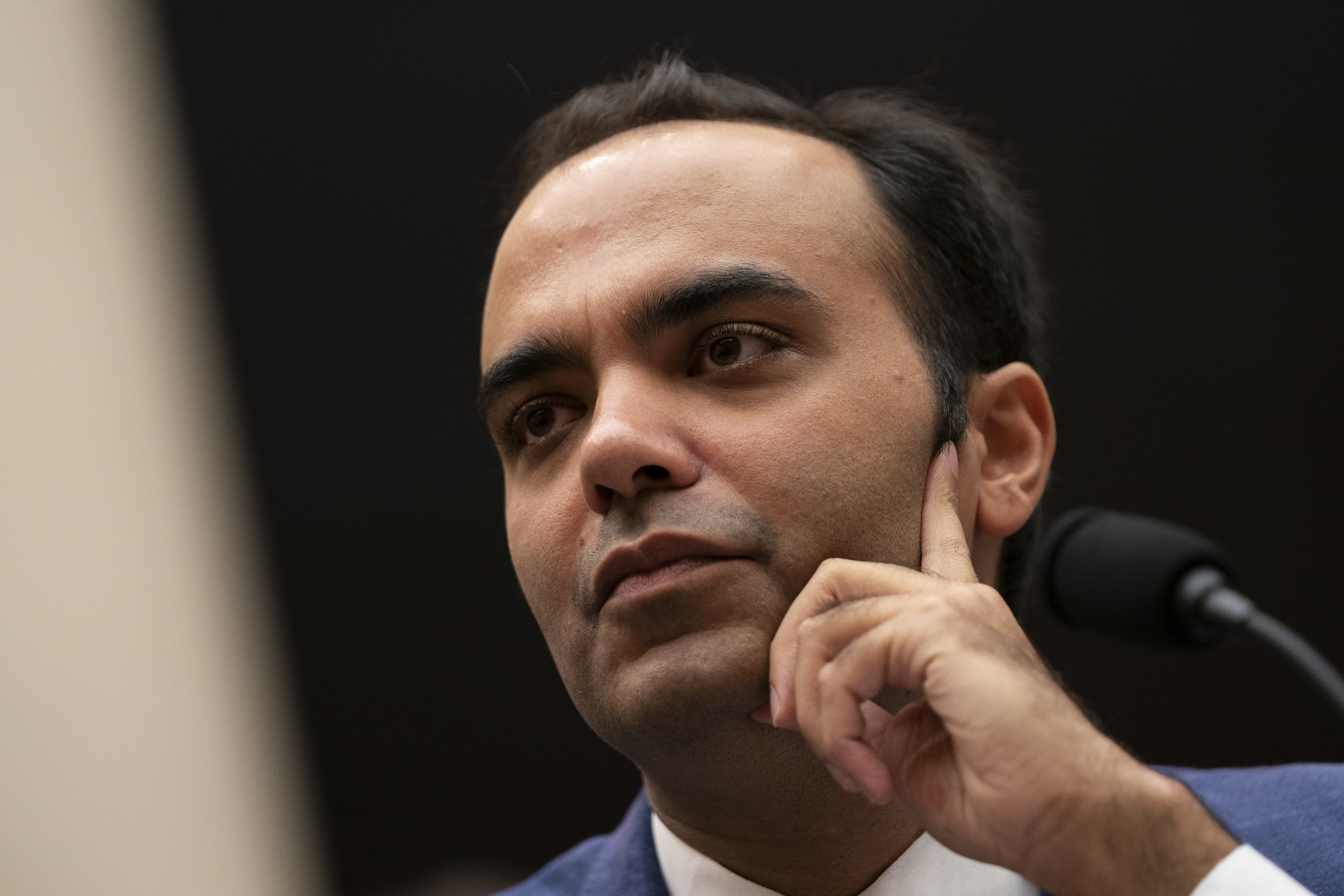The Consumer Financial Protection Bureau on Wednesday signaled a broad crackdown on hidden and excessive fees charged by banks, mortgage lenders and other financial entities.
The federal agency, created in the wake of the 2008 financial crisis, is seeking consumers’ input on so-called junk fees associated with their bank, credit union, prepaid or credit card account, mortgage, loan or payment transfers.
Such experiences related to a product or service include: Fees people thought were covered by its baseline price; unexpected fees; fees that seemed too high; and fees where it was unclear why they were charged, according to the agency’s announcement Wednesday.
Resort fees added to hotel bills and service fees added to concert tickets are “well-known examples” of such fees, according to the agency’s request for information.
The CFPB will use public comments to target new rules, issue guidance to firms, and focus its supervisory and enforcement resources, the agency said.
“Many financial institutions obscure the true price of their services by luring customers with enticing offers and then charging excessive junk fees,” CFPB Director Rohit Chopra, appointed by President Joe Biden, said in a statement. “By promoting competition and ridding the market of illegal practices, we hope to save Americans billions.”
The CFPB is also interested in hearing from small business owners, non-profit organizations, legal aid attorneys, academics and researchers, state and local government officials, and financial institutions, including small banks and credit unions, it said.
This is a developing story. Check back for updates.
